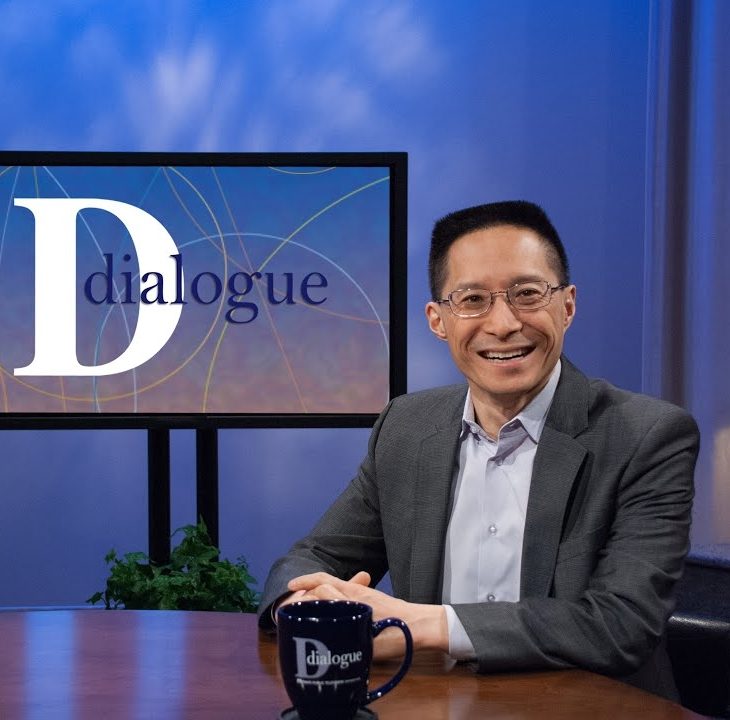Conversations with Eboo: Eric Liu
December 9, 2020

A few years ago, on a balcony at the Aspen Institute in the Rocky Mountains, Eric Liu told me that he thought of his nonprofit, Citizen University, a little bit like a production company. The staff was small and nimble. They excelled at curating episodic events that created space for deep conversation on American civic identity. Eric spent most of his time speaking and writing about the possibilities for American democracy
If we keep to media metaphors, then the best way to describe the way things have changed is that Eric now operates a movie studio. The staff has more than doubled. The programming has increased at least that much, and taken on a much more strategic arc. In nonprofit parlance, Eric has initiatives he’d like to scale, not just ideas he wants to put out there. In layperson’s terms, he is committing himself to do more of the brick-by-brick building of the vision of American democracy that he has written and spoken so eloquently about.
Eric describes the heart of that vision in his most recent book, Become America: “Democracy in America is an act of faith … faith in the people with whom we hold the fate of this fragile experiment.”
Eric is especially concerned that the muscle of citizenship is getting weaker at the same time as white nationalism, authoritarianism, wealth concentration, and polarization are growing. We need to exercise the citizenship muscle, both by imagining America anew, and also be practicing citizenship in concrete programs.
One of the concrete programs where both imagination and practice occurs is a Civic Saturday. Eric and his wife Jena launched the first one in their home city of Seattle after the 2016 Presidential election. The idea was to apply the format of a religious gathering (singing, sermons, readings, community) to a civic purpose. They expected forty people. Over two hundred showed up. And they kept coming, Saturday after Saturday.
People across the country started hearing about Civic Saturdays and asked Eric and Jena to launch the program in their city. Eric and Jena hit the road and quickly realized, however much fun the process was, it wasn’t scalable.
What did religious communities do when they figured out that there weren’t enough charismatic preachers to meet the need? They built institutions to train more such preachers. That’s how Harvard, and many other institutions of higher education, got started. And that’s exactly what Eric and Jena committed to. They call it Civic Seminary.
Even as the Civic Seminary grows and Civic Saturdays start to take root across the country, Eric is cooking up related projects, like Civic Confirmations.
It’s not hard to see how the quantity, scope and strategic arc of this work requires a fully-outfitted organization. Eric emitted something of a sigh when I asked him how he felt about the responsibility of raising a budget and managing staff and all of the other things that go along with running an institution. And then he pointed out that building things is part of the American creed.
But we can’t pretend that every builder has an inclusive vision in mind. There are people building walls. There are people building division. These are structures that bring to life the shadow side of the American personality.
Eric and Citizen University are committed to making a different American idea a reality. I’ll let him describe it in his own words:
“Our goal at Citizen University is to build power for the widest number of people for the purpose of building the most inclusive democracy imaginable. We are in a race now. Can those of us building bridges repair and reinvent faster than the people tearing them down.”
Share
Related Articles



